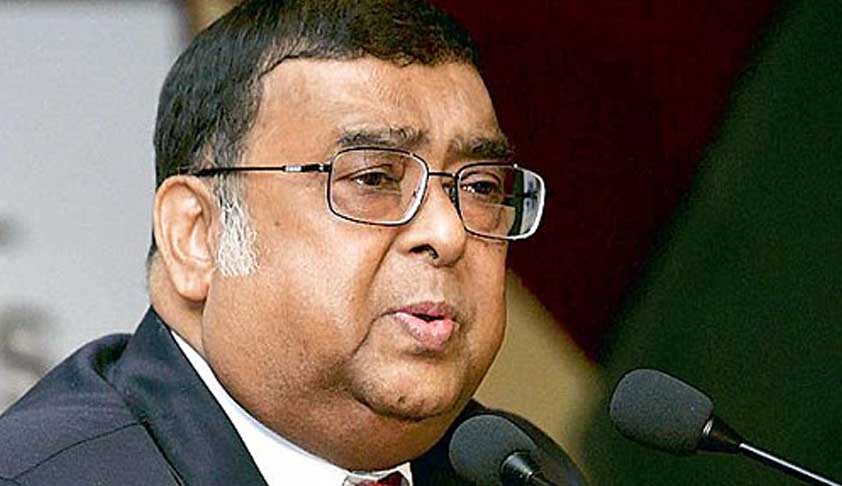Justice Pinaki Chandra Ghose and Justice Kurian Joseph were recently elevated to the Supreme Court overlooking the seniority of three other judges, namely Justices Barin Ghosh, Mohit Shantilal Shah and Bhaskar Bhattacharya. Among the three judges who were ignored, Justice Bhaskar Bhattacharya (present Chief Justice, Gujarat High Court) needs a special mention. Allegedly, he was not elevated...

